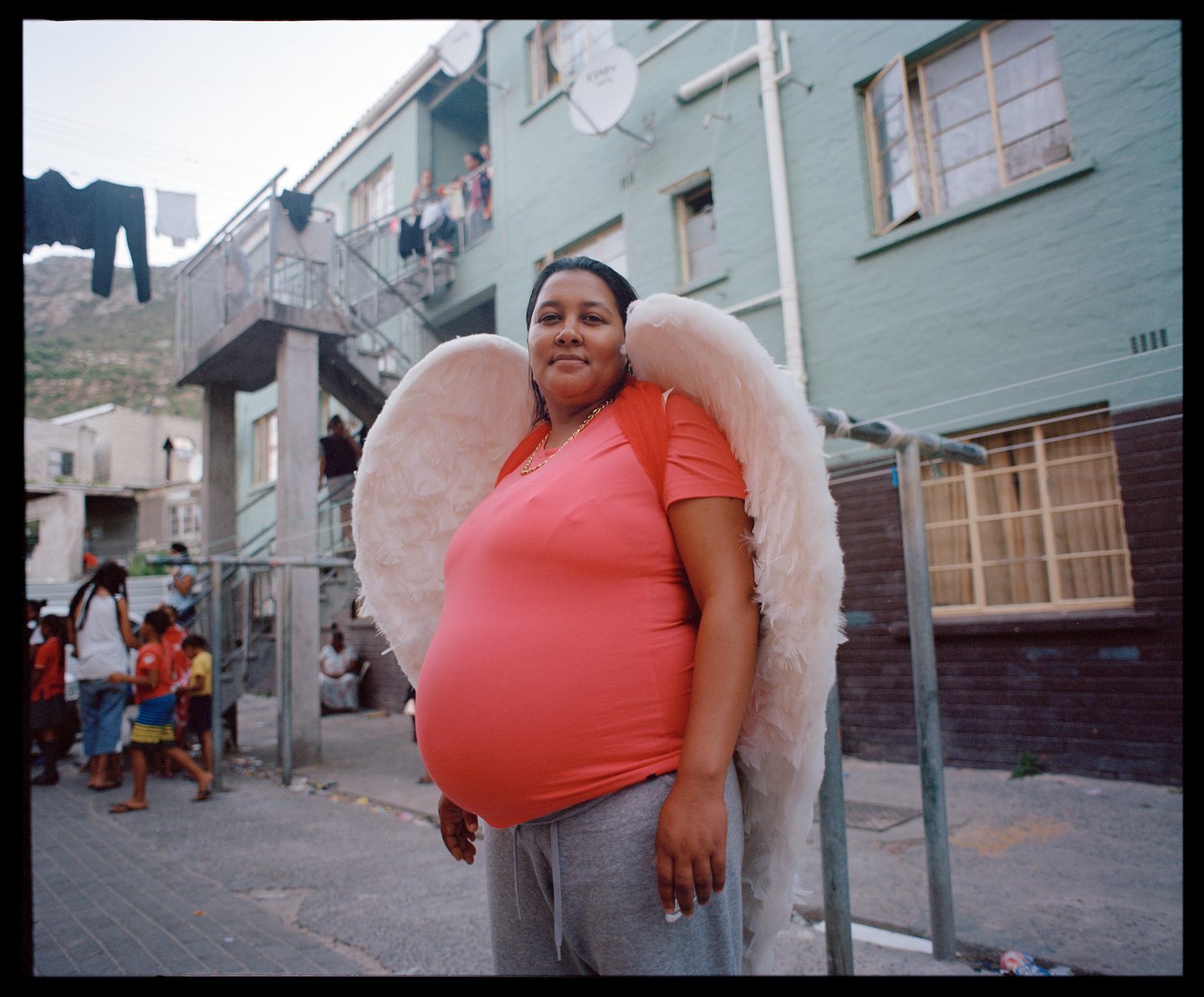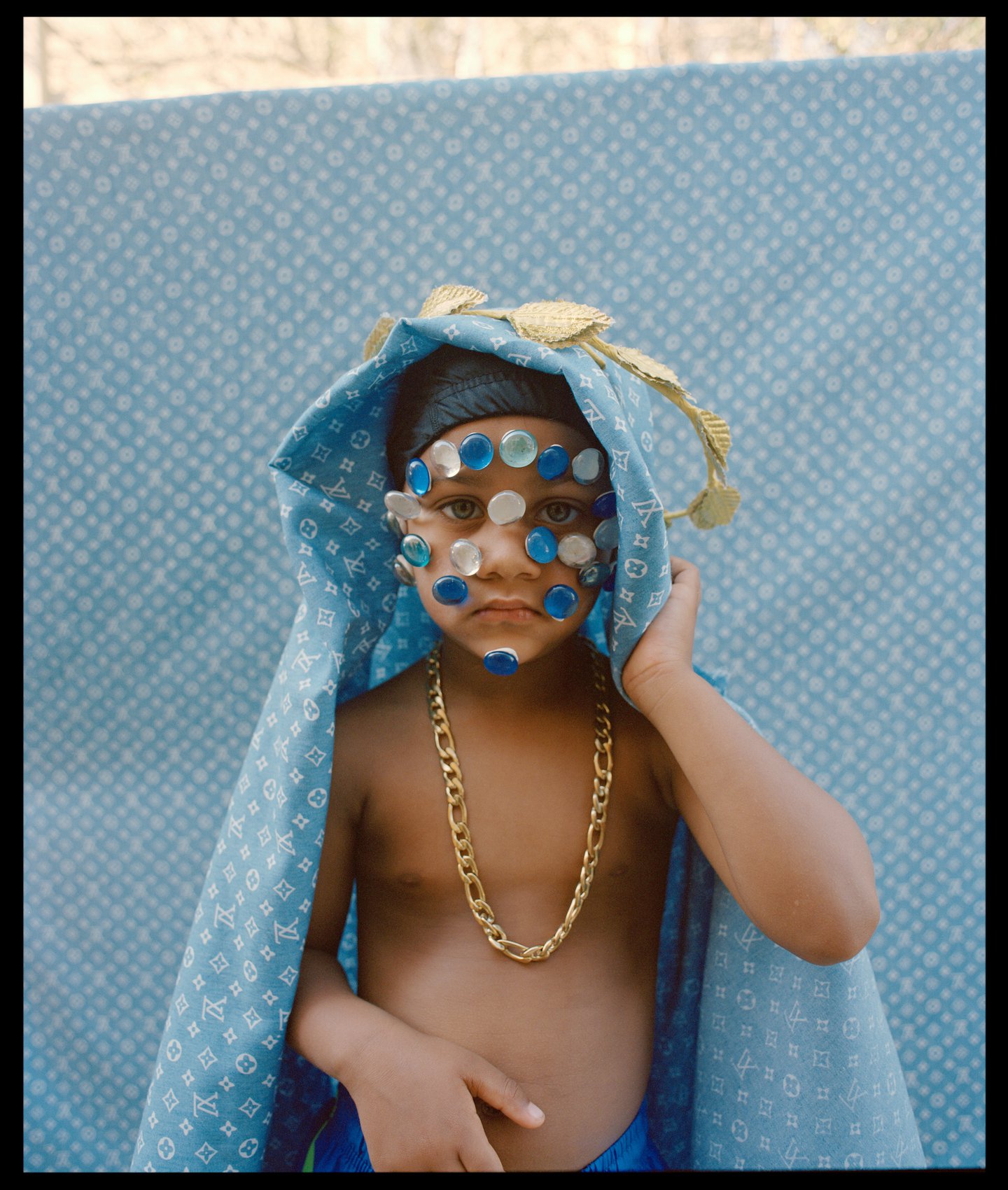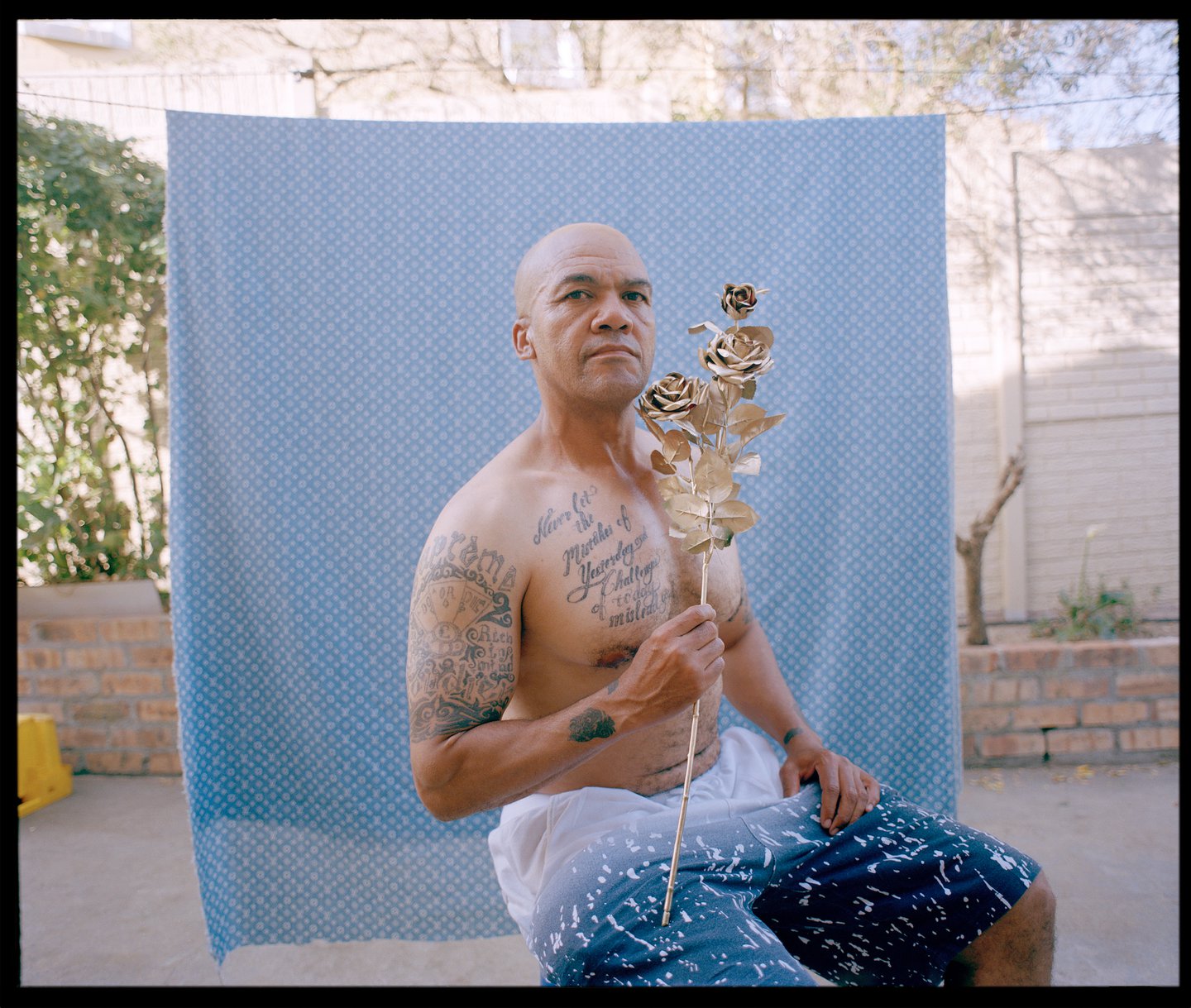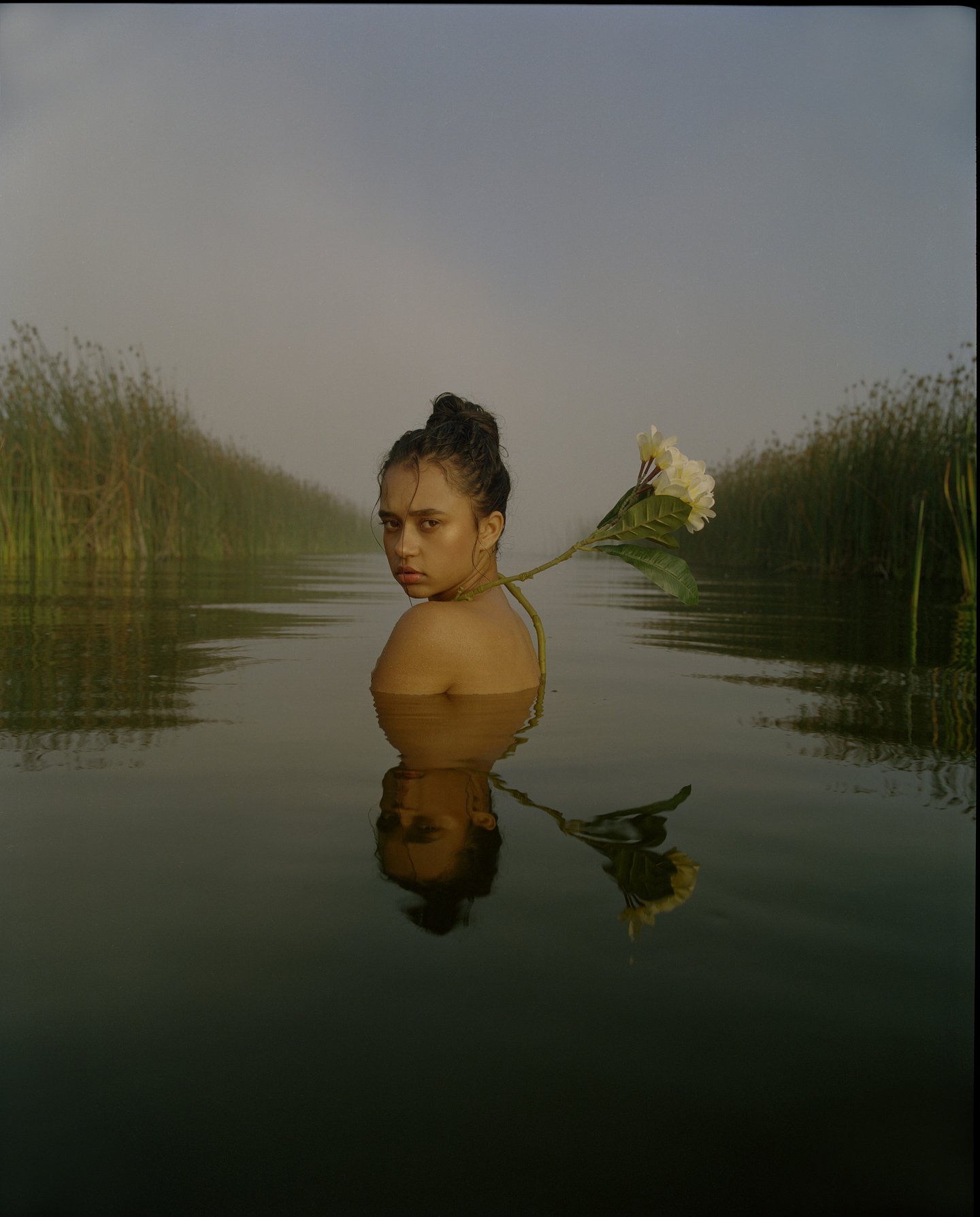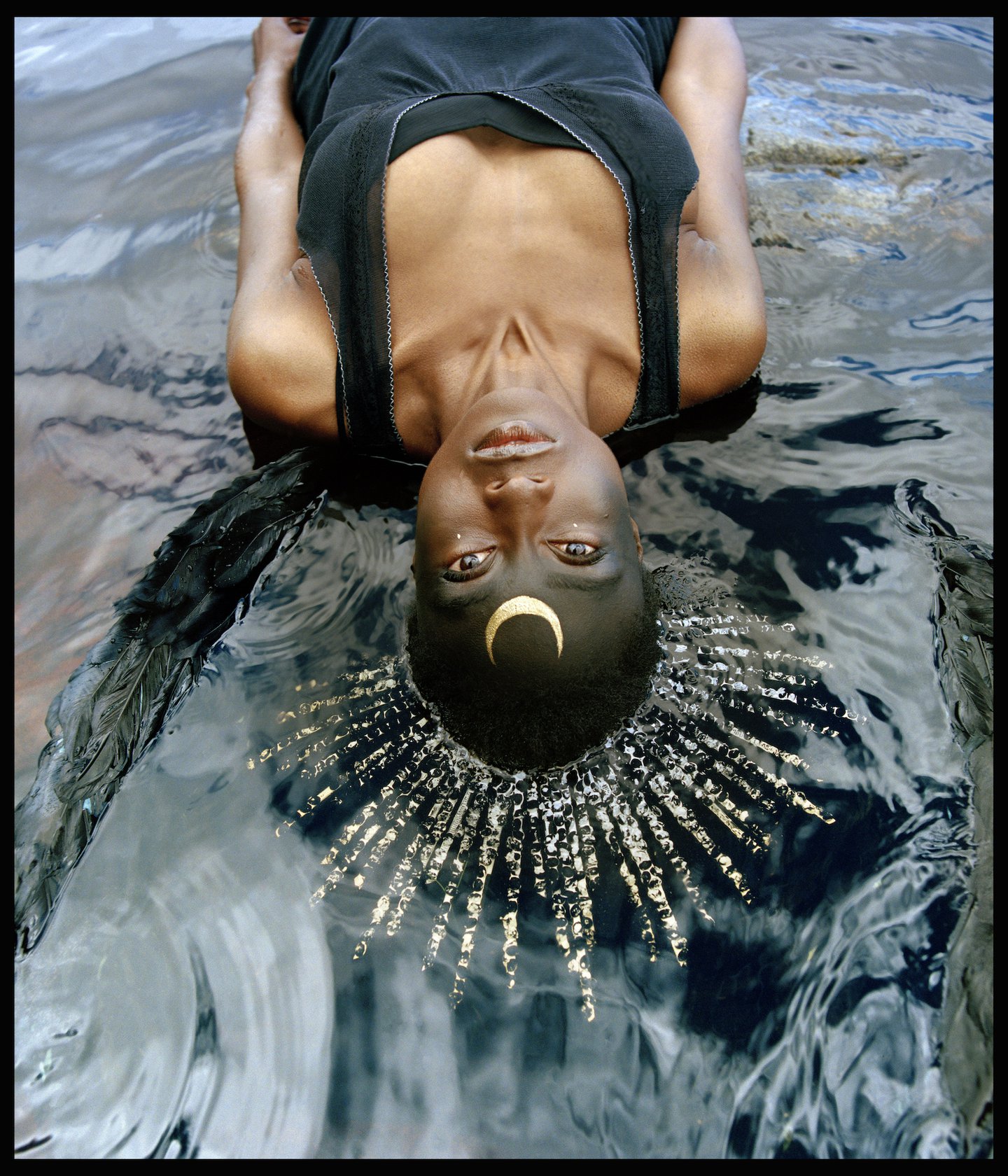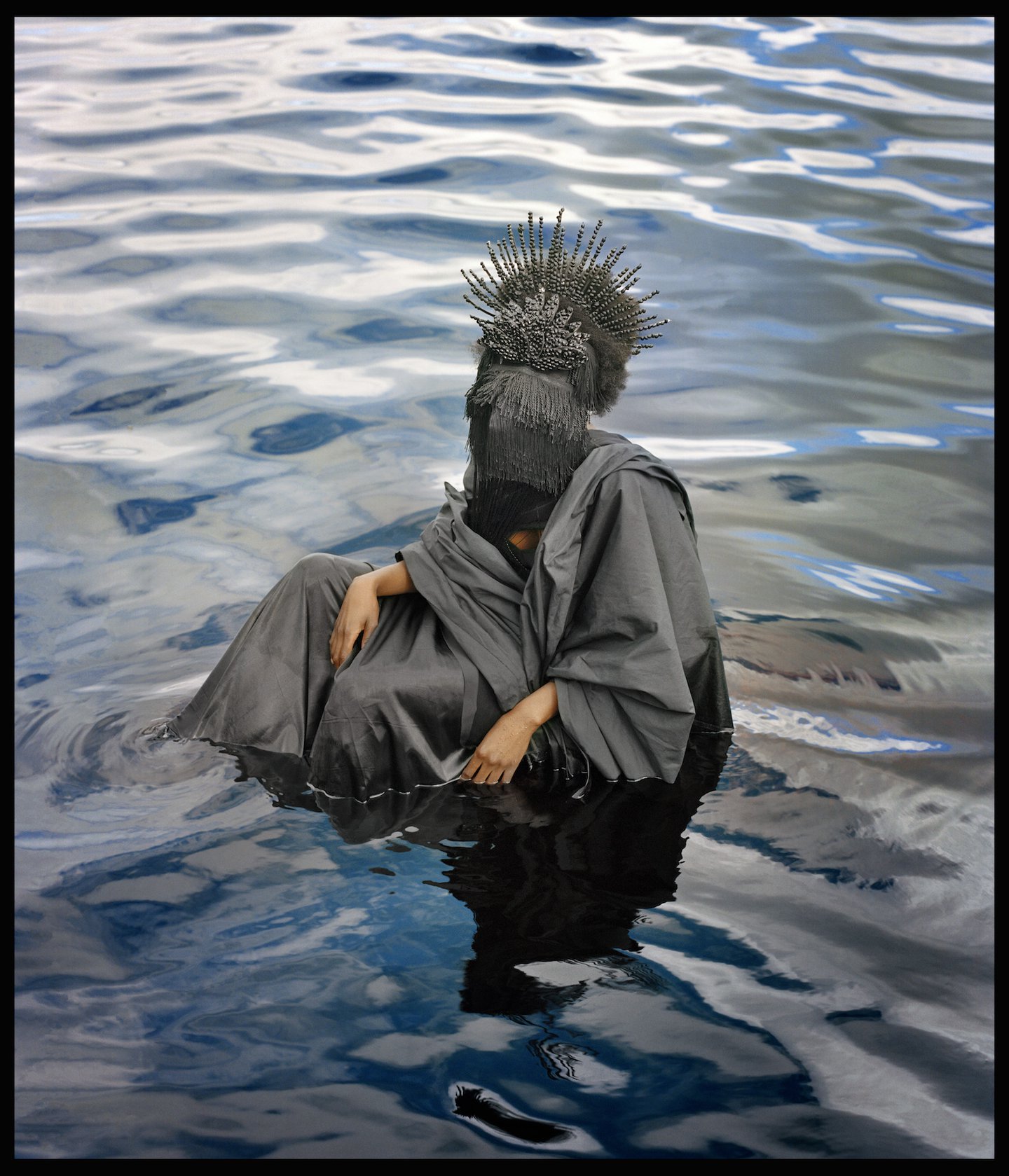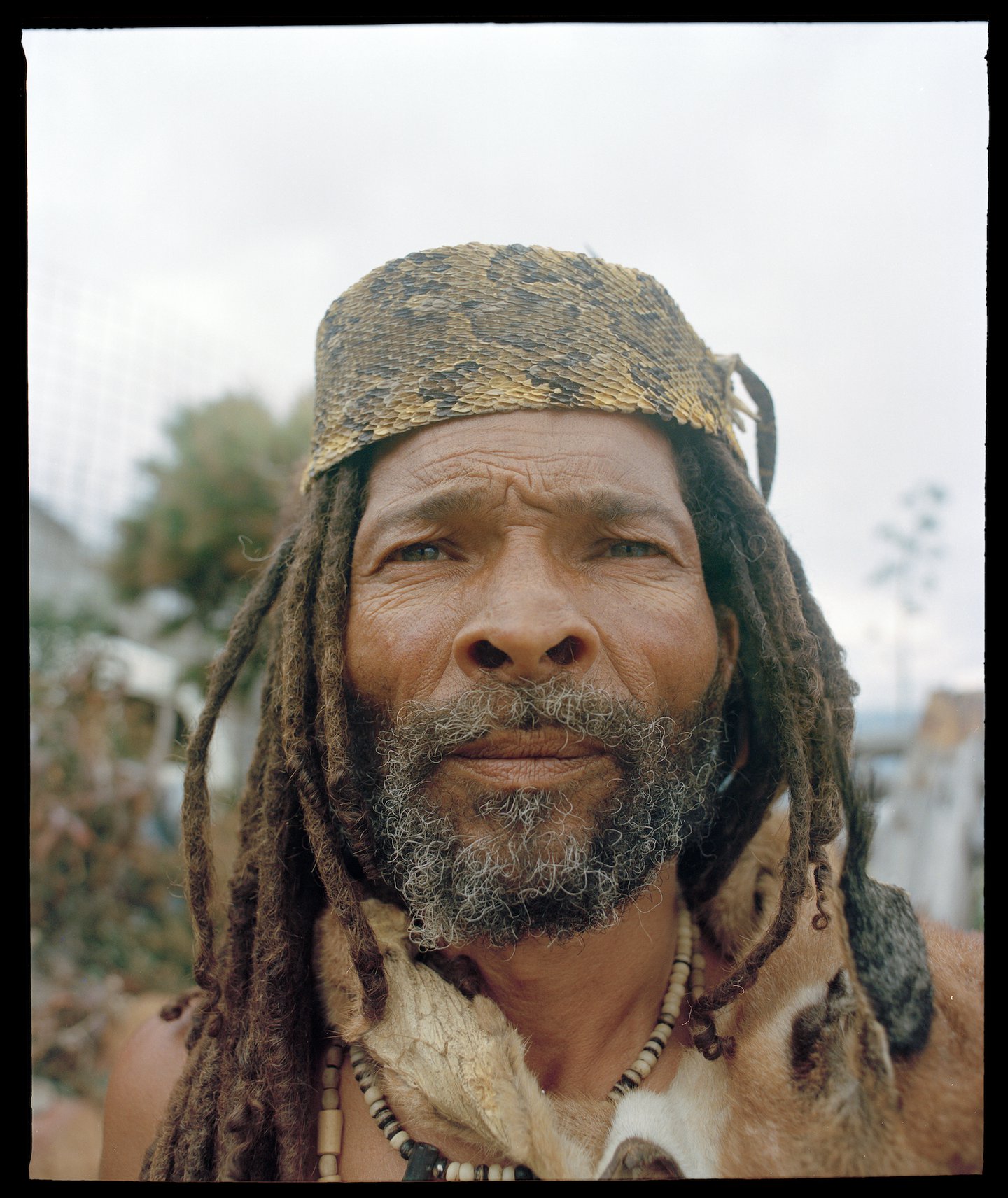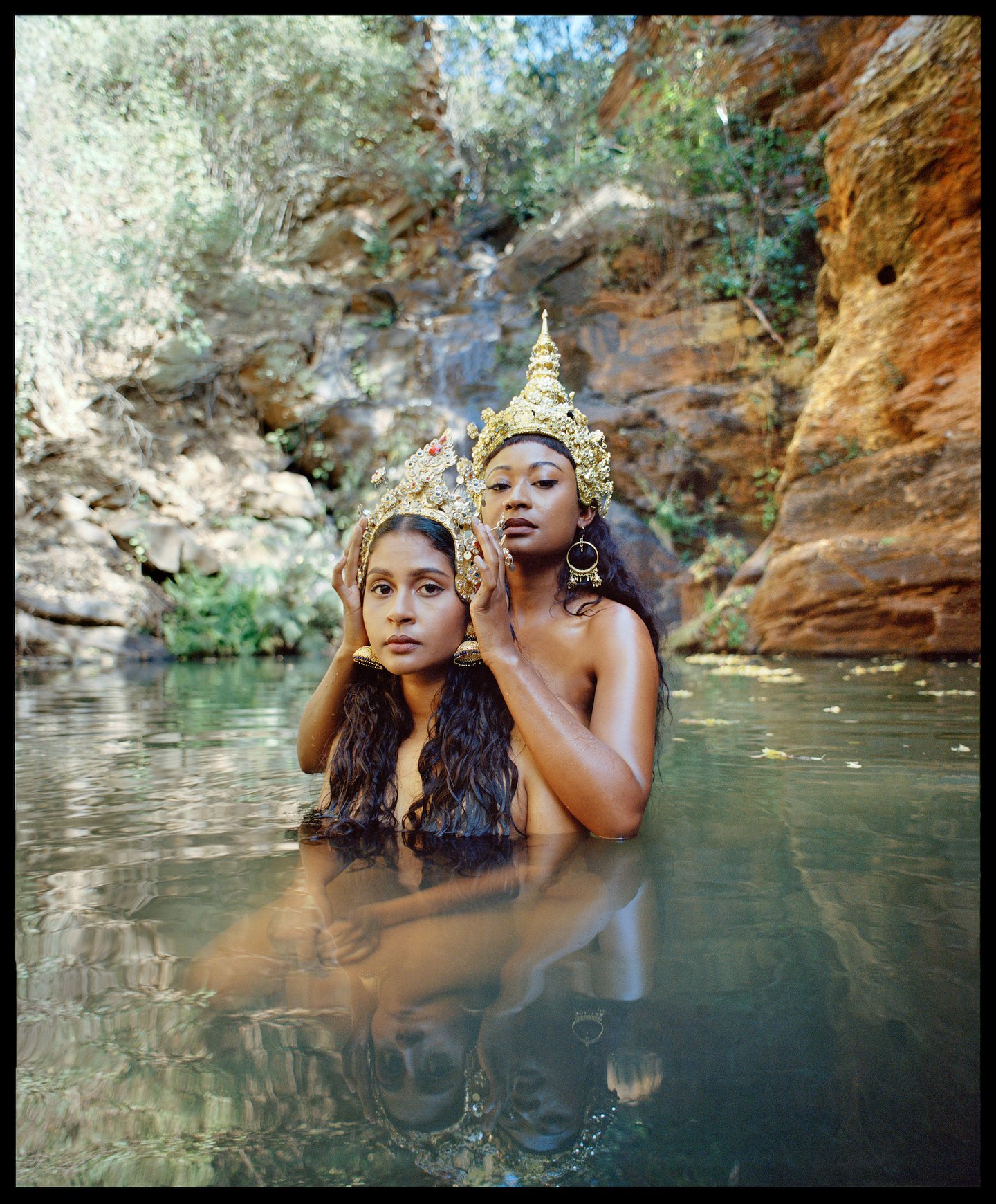Spanning documentary photography and film, we chat to the Cape Town-based photographer to find out more about his influences.
Imraan Christian, a photographer based in Cape Town, South Africa, refers to himself as a “son of the soil”. In this context, Imraan is equal parts an artist as he is an activist, and draws on the “connecting thread of mysticism in its many forms”, he tells It’s Nice That.
Spanning documentary photography, film and concept-driven projects, Imraan has an impressive portfolio that’s replete with innovative and change-making works. For the past few years, he’s been producing both personal pieces as well as collaborations with brands such as UNICEF, CNN, BBC world services, Highsnobiety, Nike, Vogue Italia and multiple others. Not only this, but he’s also a brand ambassador for South Africa, meaning that he has been chosen to represent the freedom of expression for his nation.
Notably, it was when he'd documented the student uprising of 2015/2016 in South Africa that his work garnered international attention. A graduate and freelance journalist, Imraan captured the protests that saw the students standing against the rising cost of education prevailing in the country. A tipping point, indeed, that later saw his work shift towards global brand collaborations as well as having work shown at Cape Town art fair in 2018, plus Munich and Stockholm in the same year.

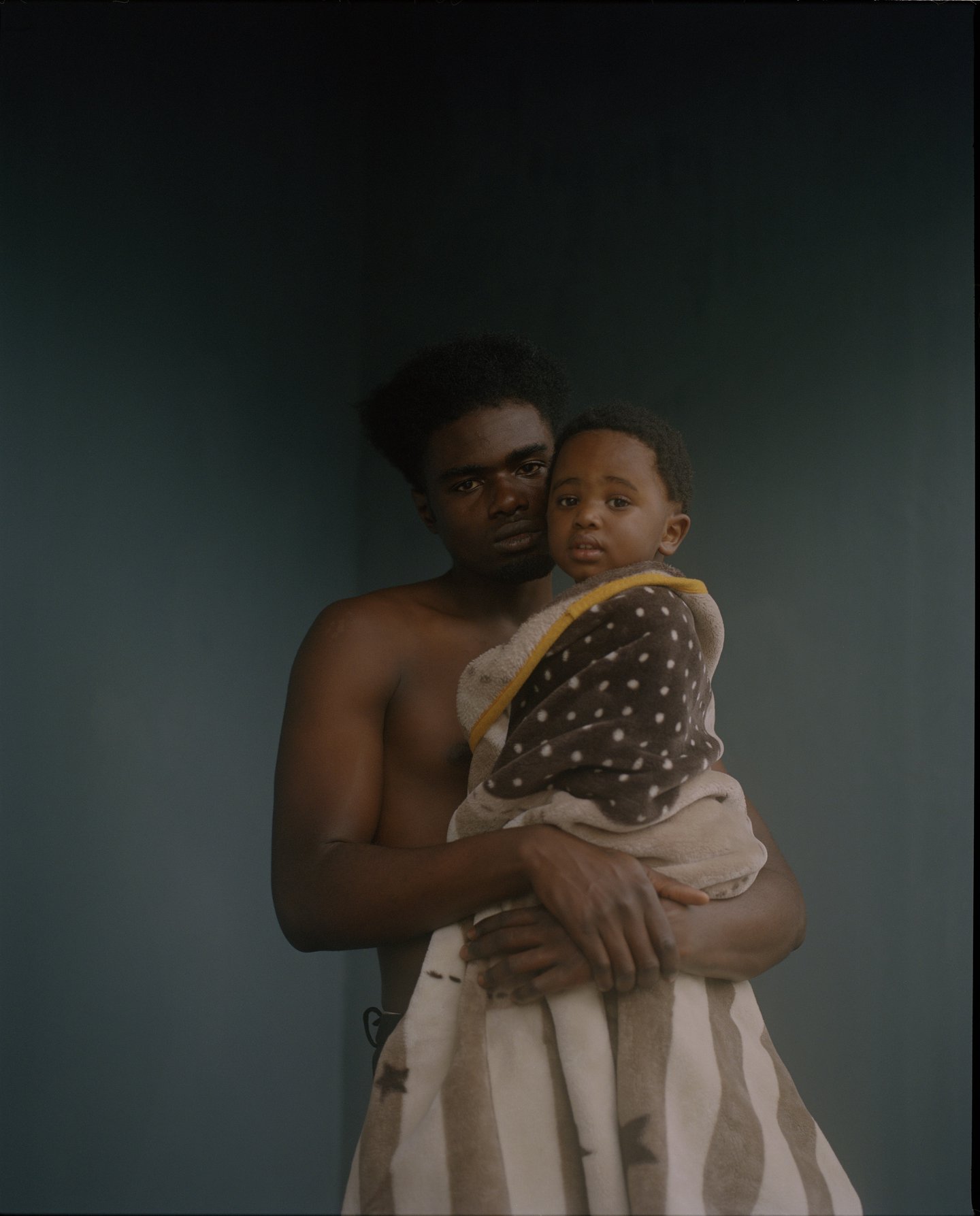
With a practice that’s rooted in activism, Imraan betroths a particular focus on decolonisation and innovation as his chosen subject matter – the catalyst to his far-reaching works that see him traverse through the disciplines in art and advertising. “My goal is now merging all these mediums to create new knowledge systems across the global south with the hope of empowering the youth to build our future worlds,” he continues to explain. Clearly intended to promote and stir much needed change, Imraan’s work is filled with deep-rooted context; he’s a natural storyteller.
“I like my work to tell a story,” he adds on the matter, “one that hopefully makes the viewer feel something.” To achieve as such, Imraan adheres to an interchangeable schedule and has recently launched his own creative agency, Amenti, “that aims to create sustainable living through storytelling,” he adds. “It’s been a huge shift, not only with being an artist but also a business owner.” He also takes note of how, with the current pandemic “on our hands”, everything has shifted in some form or another – especially when it comes down to a daily routine and structure. “But it’s an opportunity for us to evaluate our systems of living and a challenge for us to innovate.”
By turning towards his community, his ancestors, his “dreams and hopes” and “visions for the future”, Imraan is able to gather his inspiration and begin making work. Recently, he’s started on a project titled Beloved, that focuses on “transcendent” and “positive moments” within communities of colour. “I hope to reinforce positive imagery in our mass consciousness,” he tells us of his aim with the series. “I took a picture of my friend Oliver Ntumba and his son Richard, and being able to celebrate their love and bond was really special to me.”
Above all, however, Ma Se Kinders will always remain as his favourite project and is his “life work”. Paying tribute to the Hangberg community located in Hout Bay, the visual project – in form of portraits and a short film in collaboration with Sneaker Lab – sees Imraan illustrate some of the community’s biggest challenges, such as gang culture and drugs, set in the fishing village. Under apartheid, Hangberg saw the mass removal of non-white people from their homes which resulted in poverty and unemployment throughout – a vital and challenging story to tell, and one that amassed to an empowering project.
But that’s just it – Imraan’s subject matters are supposed to be challenging, just as much as they are supposed to be necessary and skilfully beautiful. “I tell stories because it’s like breathing to me,” he concludes. “It’s a conversation with past greats and future pioneers.” Hoping to inspire those like him, Imraan wants his audience to realise that the world is “theirs for the taking” – “but only if they believe”.

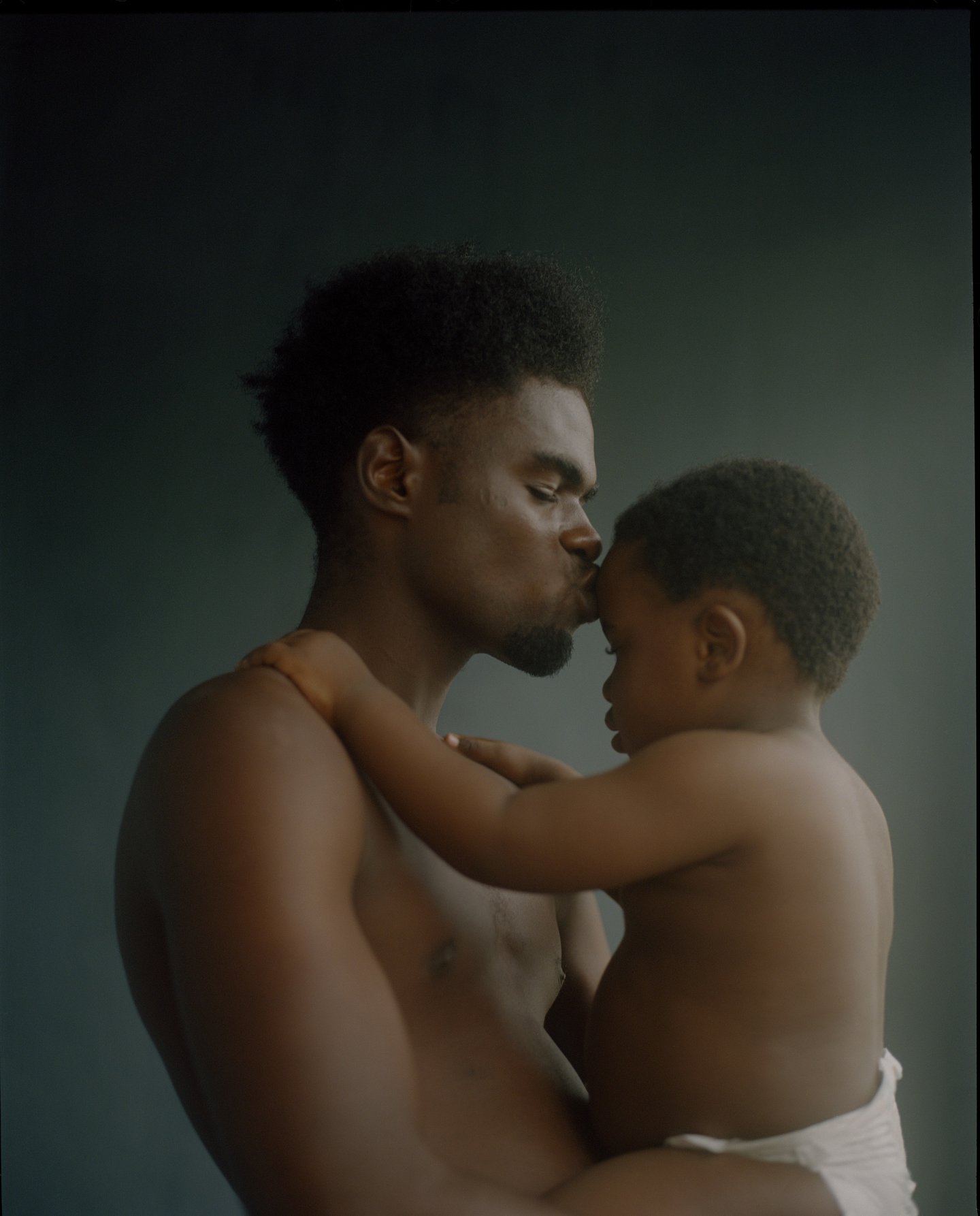

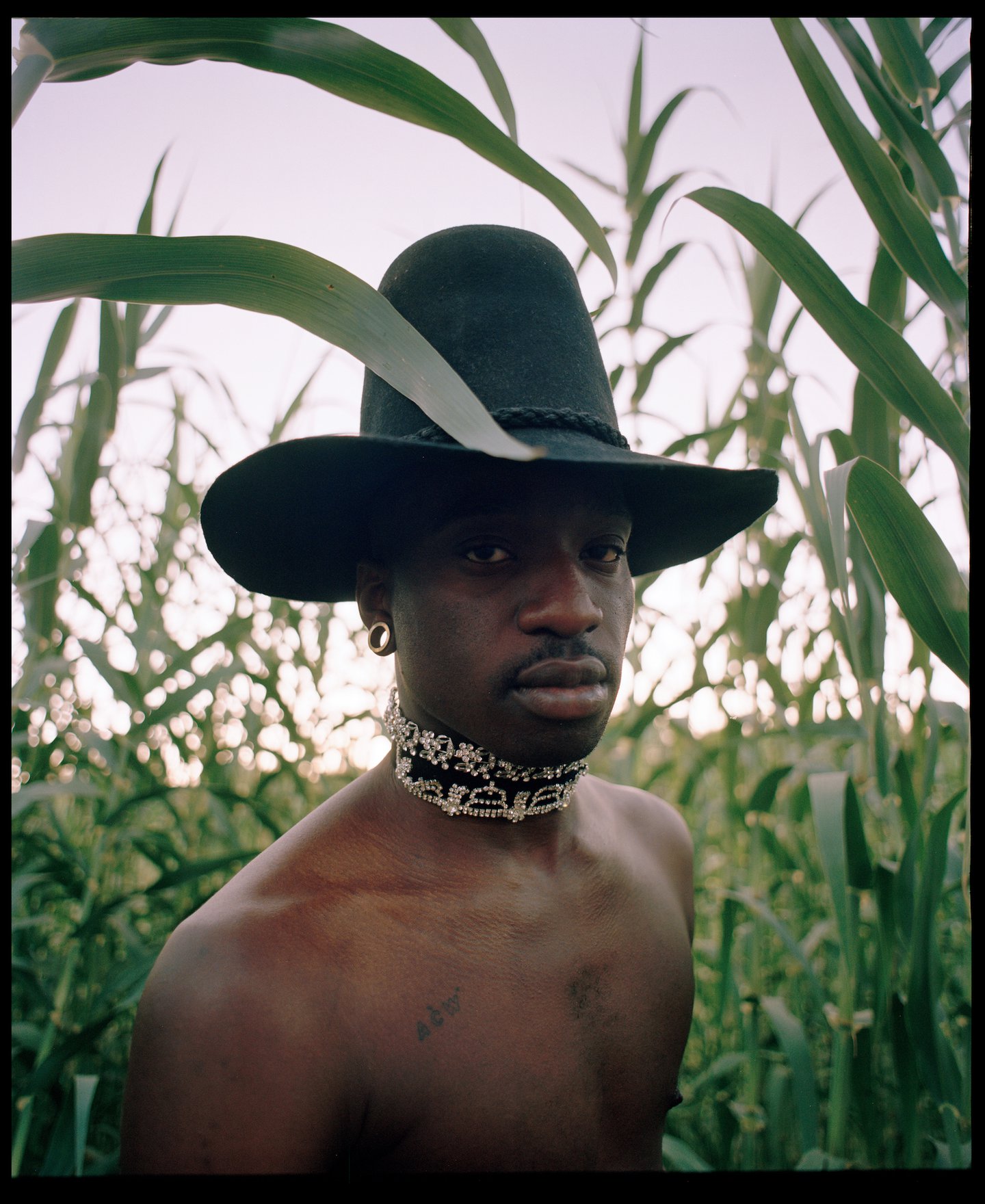
Noirwave

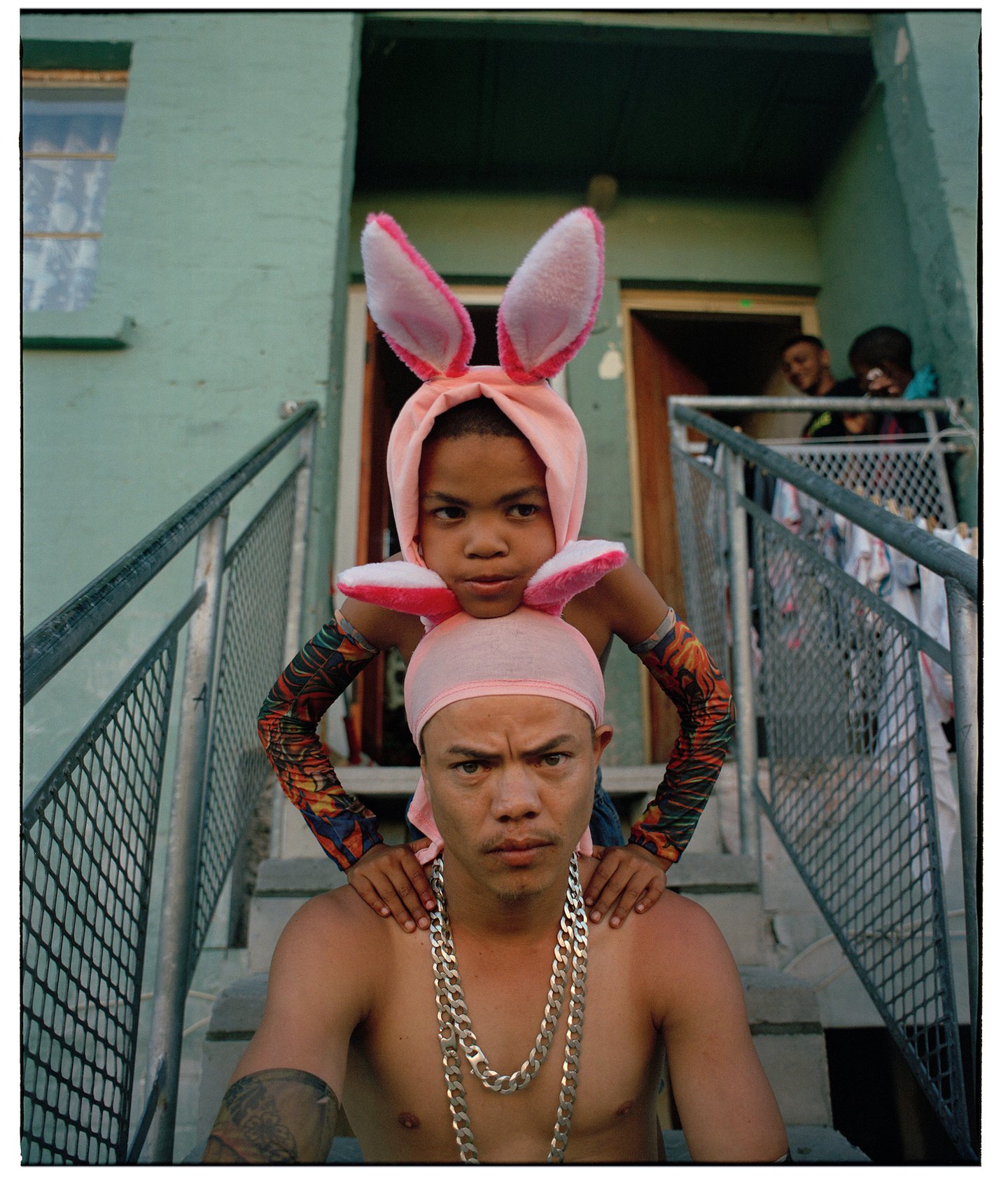

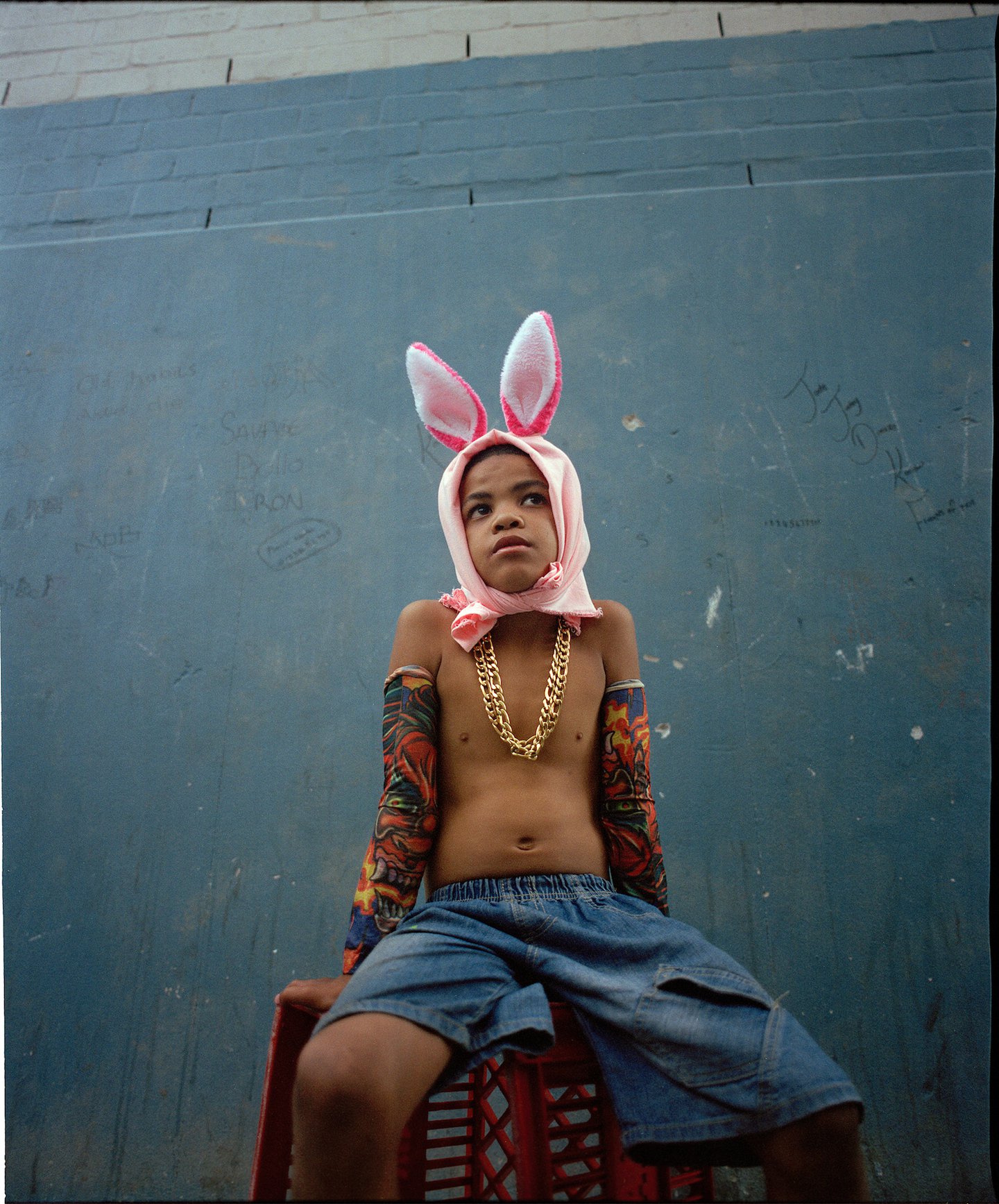
Ma Se Kinders

